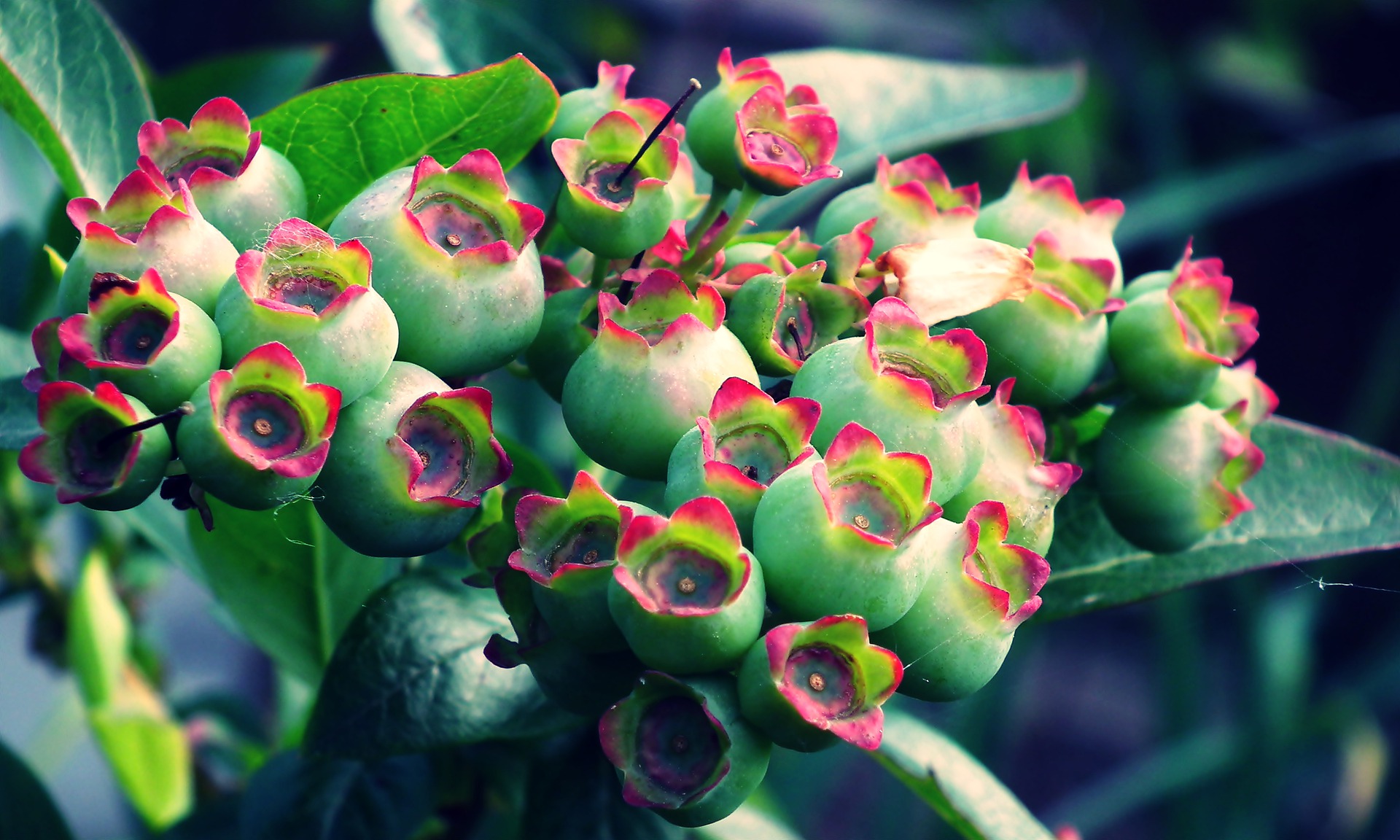
Herbal Medicine for Vision and Eye health
Question: Is bilberry and gingko plus lutein safe to take as eye health supplements? I’m on technology a lot and want to improve my eye sight, eye fatigue and blurriness. -Kirstin
Thank you for your question, Kirstin!
Bilberry, Ginkgo and Lutein are safe to take for your eye health. Bilberry and Ginkgo are both herbs and Lutein is a supplement that is an oxygenated carotenoid and an isomer extracted from food. Let’s take a look at each and then address the safety question.
Bilberry’s Latin name is Vaccinium myrtillus and its medicinal properties are in the berry. Bilberry is an outstanding antioxidant for the eyes, which is in large part how it helps to prevent cataracts. It has also been shown to prevent macular degeneration. Bilberry improves visual function and has a positive effect on dark adaptation, meaning it improves night vision. Bilberry may prevent or treat diabetic retinopathy (Braun and Cohen, 2010).
Lutein is also a wonderful antioxidant, which has been demonstrated in various studies. Food sources of lutein include dark green leafy vegetables like spinach and kale, also sweet corn and egg yolks are good sources of lutein. Many clinical trials and epidemiological studies support the concept that lutein and zeaxanthin may have a role in the prevention and treatment of certain eye diseases, like, age-related macular degeneration, cataract and retinitis pigmentosa.
Ginkgo’s medicinal plant part is its leaf and its Latin name is Ginkgo biloba. Gingko has also demonstrated antioxidant activity and it has been shown to be beneficial for macular degeneration, glaucoma and retinopathy. One study showed that ginkgo biloba extract and anthocyanins are seen to be beneficial for various vascular diseases. Ginkgo biloba extract is useful for several retinal disorders and glaucoma. Ginkgo biloba extract is also used by patients with peripheral vascular disease and to treat cerebral insufficiency.
When you are taking herbs and supplements, please remember to always cross check with any medications that you may be taking to be sure that there are no interactions. Medscape is a good site for cross checking herbs with other herbs or herbs with medications. Ginkgo should not be taken with certain medications due to its platelet-activating factor inhibitor activity. Also, brands of supplements really matter, since some companies do not maintain strict quality control measures.
I’m not sure which supplement you are taking specifically. But, a couple of great herbal supplements for eye health that you could get at your local health food store or online are Vision Enhancement from Gaia Herbs, and this Eye Health tincture from Herb Pharm.
Good luck with everything!
Reference book: Braun, L., Cohen, M. (2010). Herbs & Natural Supplements: An evidence-based guide 3rd edition. Australia: El Sevier.
Nicki Mensah is an Herbalist, Nutritionist and Wellness Coach. She has 3 master’s degrees from Maryland University of Integrative Health in Therapeutic Herbalism, Health and Wellness Coaching and Nutrition and Integrative health. She has a private practice in Bowie, Md. And she teaches at Maryland University of Integrative Health in Laurel, Md.
Do you have a question? Ask-the-herbalists!

